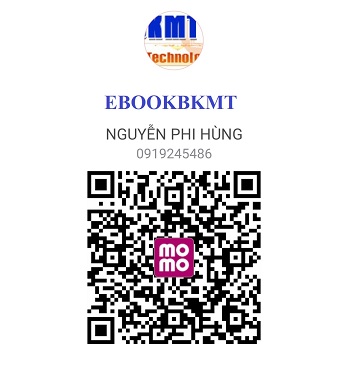Governance networks that strengthen older adults' digital inclusion - The challenges of metagovernance
Studies show that digital skills and literacy training programs for older adults can help to extend digital inclusion, which remains a policy challenge around the world. However existing research provides little insight into how policy-makers can best deliver large-scale programs. This article examines the design and implementation of a nation-wide, state-led digital skills and literacy program in Australia called Be Connected that aimed to empower older adults (50 years and older) to thrive in the digital world.
The article combines an exploratory survey (n = 201) with semi-structured interviews of training providers (n = 19) and draws on public management concepts of metagovernance and governance networks to explain and contextualise the program's model of implementation. It explains how policy makers and community-based organisations can successfully address the digital literacy needs and interests of older adults through a metagovernance model. We argue that the effectiveness of the model relies on finding balance between a) provision of standardised resources versus customised support, and b) achieving cohesion through shared goals whilst also promoting the diversity and independence of local organisations. An effective balance can be achieved through processes of co-creation.
Studies show that digital skills and literacy training programs for older adults can help to extend digital inclusion, which remains a policy challenge around the world. However existing research provides little insight into how policy-makers can best deliver large-scale programs. This article examines the design and implementation of a nation-wide, state-led digital skills and literacy program in Australia called Be Connected that aimed to empower older adults (50 years and older) to thrive in the digital world.
The article combines an exploratory survey (n = 201) with semi-structured interviews of training providers (n = 19) and draws on public management concepts of metagovernance and governance networks to explain and contextualise the program's model of implementation. It explains how policy makers and community-based organisations can successfully address the digital literacy needs and interests of older adults through a metagovernance model. We argue that the effectiveness of the model relies on finding balance between a) provision of standardised resources versus customised support, and b) achieving cohesion through shared goals whilst also promoting the diversity and independence of local organisations. An effective balance can be achieved through processes of co-creation.
%20(1).png)

.png)

%20(1)%20(1).png)

.png)





%20(1).png)








Không có nhận xét nào: